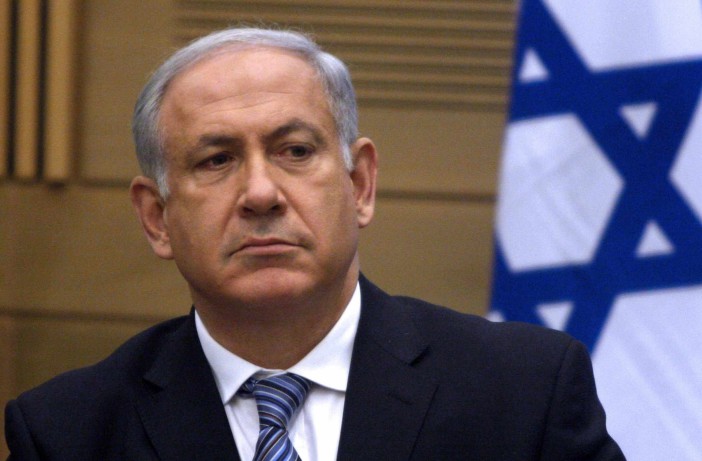Jettisoning the two-state solution and race-baiting were two of the tactics Israeli Prime Minister Benjamin Netanyahu employed in his decisive re-election victory this week. But how will those tactics play domestically and with international allies in the long run?
Using tough last-minute tactics to seize victory, Benjamin Netanyahu ensured himself a fourth term as Israel’s prime minister, outflanking his opponents on the hard-right and the centre-left, but also setting up hurdles for his relations with key allies.
The incumbent dumped the two-state solution to the Palestinian-Israeli conflict hours before voting started. Then, on election day, Netanyahu attacked the Arab minority, warning “the Arabs are voting in droves,” tapping into deep set Jewish nationalism.
Those moves, at the end of a hard-fought campaign, will be hard to walk back and set the tone for the government to come: a hardline and provocative administration.
“Netanyahu played a lot of cards, including the scare cards,” says Hugh Lovatt at the European Council on Foreign Relations.
“He may have won, but he has had to play even dirtier,” says Lovatt. “To win, he had to sacrifice the two-state solution. He sacrificed foreign policy for short-term domestic gain.”
The United States and European Union will struggle to deal with an Israeli government of exclusively nationalists and ultra-orthodox parties. Analysts say this increasingly looks like the most probable outcome.
“Relations with Europe would certainly suffer. There is mounting pressure on some European governments to take a stronger line on Israeli policies,” says Nathan Brown, a professor of political science at George Washington University.
A deterioration of relations with President Barack Obama would also be likely, especially after Netanyahu gave a hardline speech on Iran, siding with the right-wing US Republicans and denouncing the administration’s policy of negotiating with Tehran about its nuclear programme.
At the same time, it remains doubtful that Washington will make a new push for peace, meaning the Middle East conflict would instead be placed “a bit on the back burner,” according to Brown.
Analyst caution that Netanyahu – who, if he finishes the term, could become Israel’s longest-serving premier, surpassing the state’s founder David Ben Gurion – may seek a moderate party to join his coalition, to temper international headwinds.
“There is an off chance he will pull in other parties to make it look more centrist, but this will be a right-wing, nationalist government and one confrontational in style,” says Eetta Prince-Gibson, a Jerusalem-based political scientist.
Jerusalem, which has been a flashpoint of unrest countless times in the past, may again witness provocations, Prince-Gibson warned. Settlement construction has repeatedly hurt relations with the Palestinians, for example.
She also cautioned that relations between the state and the Palestinian minority – who make up a fifth of the population and, unlike their counterparts in the West Bank and Gaza, have the right to vote – were at a low after the campaign vitriol.
“When you delegitimize 20 per cent of population, when Netanyahu said that by exercising their right to vote they are doing something wrong, then there needs to be serious healing,” she says.
Leftists in Israel were urging the Labour party, which performed worse than expected, to refuse entry into a coalition government.
“Let’s go to the opposition,” says Hagit Ofran, an activist with the anti-settlements Peace Now group. “What is worse than a racist government that opposes a Palestinian state? A racist government that opposes a Palestinian state, supported by the left.”
For the Palestinians, especially with Obama unlikely to confront Netanyahu and force his hand on a peace deal, especially after the last round of talks failed, options are shrinking.
“Even Palestinian leaders firmly committed to a diplomatic solution have given up on any hope of one soon,” says Brown, adding that there is “alienation and despair” from the peace process.
“It is very clear that there is no partner in Israel for the peace process,” said Saeb Erekat, a top Palestinian diplomat.
He concedes the US most likely will not change course on its historic stance supporting Israel. The Palestinians, he says, will now seek redress through the International Criminal Court in The Hague.
They become full members of the world’s only permenant court for war crimes on April 1. SAPA






 WhatsApp us
WhatsApp us 

